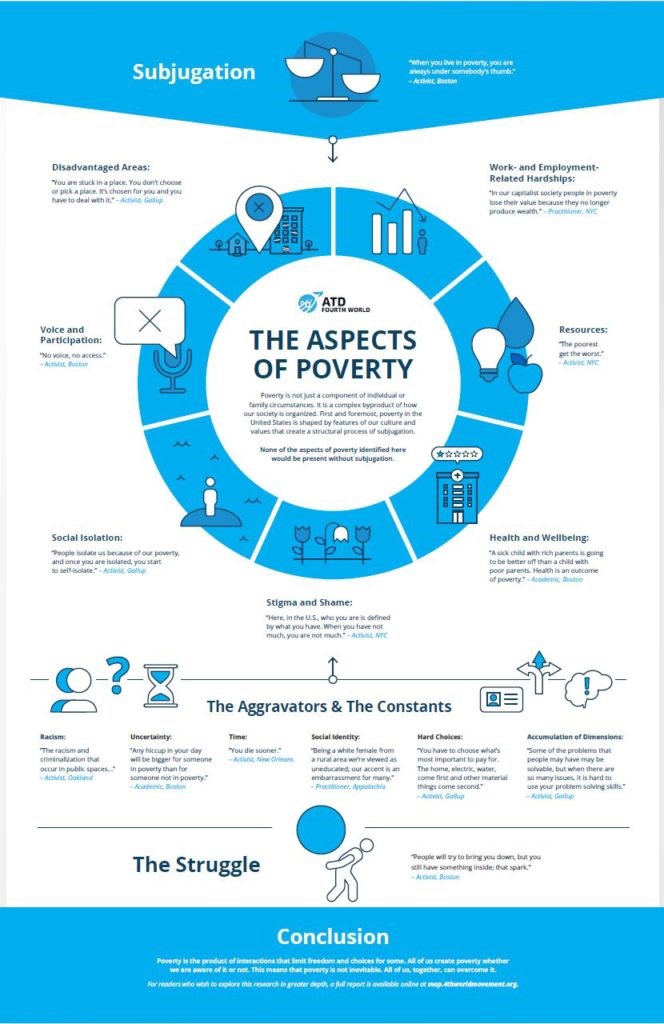Immediate action crucial to ensure right to healthy environment, says UN expert
NEW YORK – The right to a healthy environment is central in solving the triple planetary crisis of climate change, biodiversity loss and pollution, aggravated by systemic inequalities, a UN expert said today.
Astrid Puentes Riaño, the Special Rapporteur on the human right to a clean, healthy and sustainable environment, called for the implementation and strengthening of existing legal frameworks, enhanced accountability for environmental harm, and a focus on protecting groups in vulnerable situations.
“To enable this implementation, we must ensure and strengthen public participation, access to information, and justice in environmental matters, and transform economic models that prioritise unsustainable growth,” Puentes Riaño told the UN General Assembly while presenting her first report.
“The recognition of the right by the UN General Assembly, the regional recognition, and national recognition in 164 States are evidence that this right has reached an international consensus regarding its obligations and importance. Thus, effective implementation of the right to a healthy environment should be prioritised by States, international bodies, and private actors alike to contribute to bring systemic transformations needed,” the Special Rapporteur said.
The report highlights the alarming impact of the planetary crises which disproportionately affect communities in vulnerable and marginalised situations. Despite international efforts, positive results have yet to materialise, while negative impacts continue to increase dramatically.
Key challenges to ensure implementation of the right to a healthy environment include current economic models, consequences of climate change, weak legal frameworks, limited access to justice, and the impact of war and conflict. Marginalised groups such as Indigenous Peoples, Afro-descendent communities, peasant and other rural communities, women, children, and persons with disabilities face disproportionate risks, the expert said.
“To address these challenges, we must transform the global economy, legally recognise the right to a healthy environment in countries and regions where this is pending, including by the Council of Europe and ASEAN, strengthen the rule of law, update policies, and adopt an intersectional approach to protect all affected groups.” she said.
18 October 2024



